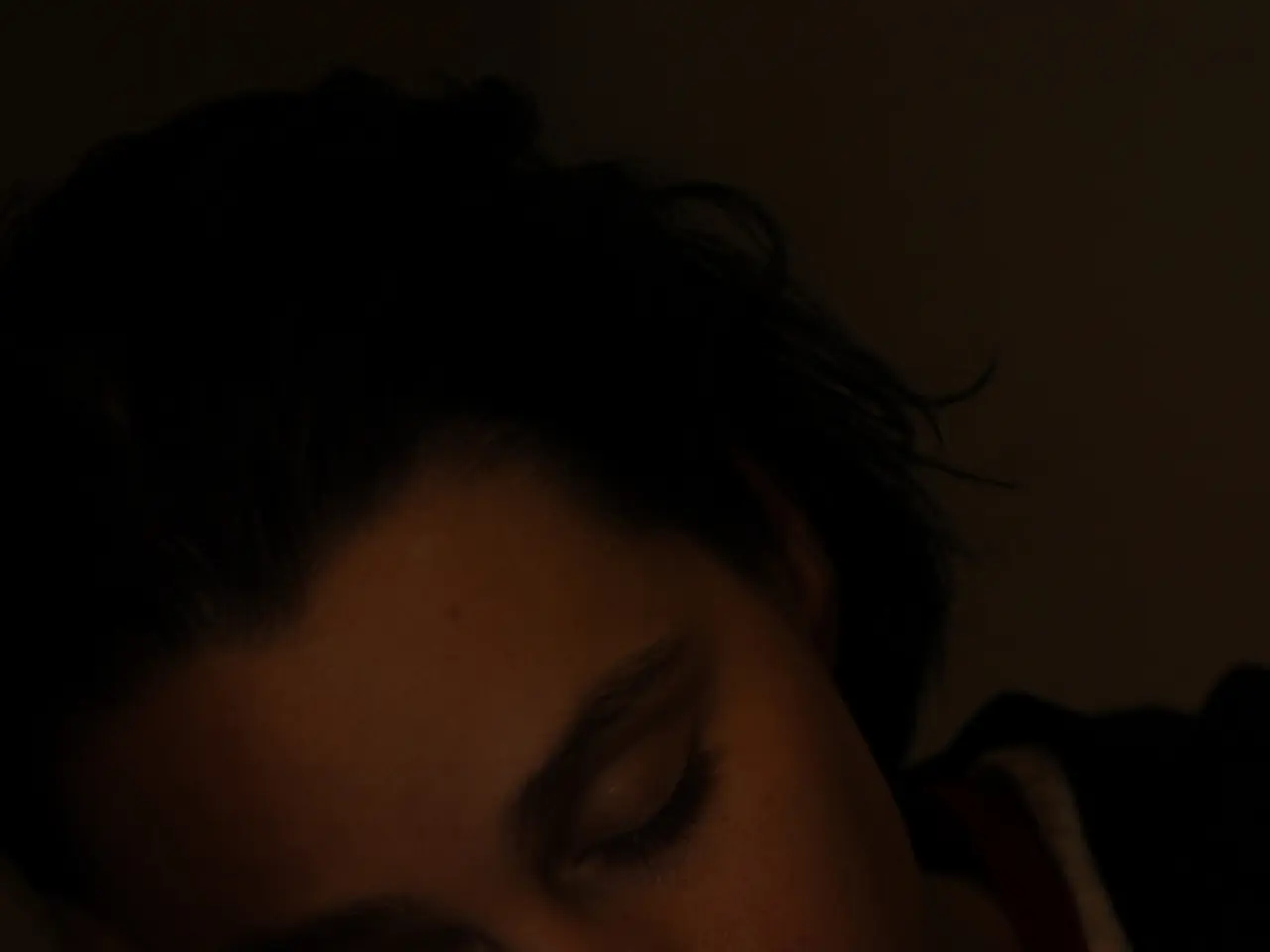The influence of prolonged wakefulness on one's character traits
In a recent study conducted by scientists at the University of Utah in Salt Lake City, it was found that people who tend to stay up late have mostly negative personality traits. The study, which focused on sleep behavior in relation to personality traits, involved 390 young adults with an average age of around 24 years.
Lead author of the study, Steven Carlson, a doctoral student in the Department of Psychology at the University of Utah, stated that people who regularly delay their bedtime report seeking out exciting, thrilling, or entertaining activities less often.
The study focused on individuals who have difficulty falling asleep despite being in bed. Participants filled out a standardized questionnaire to determine their sleep habits and another questionnaire to gather more information about their personality traits. They were divided into two groups: "night owls" and "morning larks."
The study found that procrastinating bedtime is linked to poor planning skills, low self-discipline, and problems with time management. Difficulties in dealing with fears and worries can also be a cause of this behavior, according to the study results.
Poor planning causes tasks to pile up during the day, leaving little free time. Young adults stay up late to compensate, creating a cycle of delayed sleep onset despite knowing the negative effects on their health and functioning. Lack of discipline and poor daily routines, including irregular sleep and meal times, disrupt the circadian rhythm and hormone regulation, worsening sleep quality and reinforcing a pattern of late bedtimes.
Young adults with low self-control may also struggle to resist evening distractions such as social media, which provide a false sense of reward and control, making late-night activity more appealing despite sleep debt accumulation. High stress and heavy workloads common in student populations exacerbate this problem: insufficient self-discipline to plan and regulate study time can increase stress and mental arousal at night, leading to insomnia and daytime dysfunction.
In summary, the association is that poor planning and time management skills reduce daytime structure and personal time, leading young adults to delay sleep as a coping strategy, while low self-discipline fails to counteract distractions and maintain healthy routines, all contributing to late bedtime behavior and poorer sleep quality. Maintaining regular schedules and improving time management are key strategies to combat this issue.
Steven Carlson's comments were made in an interview with the science magazine "EurekAlert." It's important to note that the study did not specify the exact negative personality traits associated with staying up late beyond those mentioned earlier. The study did not mention any advertisements for mattresses.
- The study by Steven Carlson and his team at the University of Utah revealed that individuals who frequently delay their bedtime are often linked to poor planning skills, low self-discipline, and mental health issues such as difficulties dealing with fears and worries.
- The findings of the study suggest that late bedtime behavior in young adults is not just a lifestyle choice, but is connected to a combination of ineffective time management, a lack of self-discipline, and issues related to mental health and wellness.




